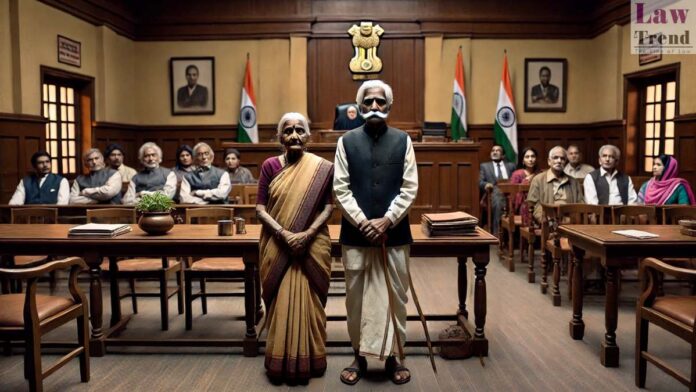The Delhi High Court, in a significant ruling, has held that for a senior citizen to seek cancellation of a gift deed under Section 23 of the Maintenance and Welfare of Parents and Senior Citizens Act, 2007, the document does not need to contain an express condition that the recipient will provide for their basic
To Read More Please Subscribe to VIP Membership for Unlimited Access to All the Articles, Download Available Copies of Judgments/Order, Acess to Central/State Bare Acts, Advertisement Free Content, Access to More than 4000 Legal Drafts( Readymade Editable Formats of Suits, Petitions, Writs, Legal Notices, Divorce Petitions, 138 Notices, Bail Applications etc.) in Hindi and English.




